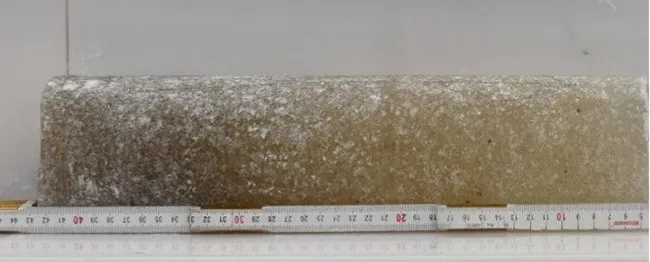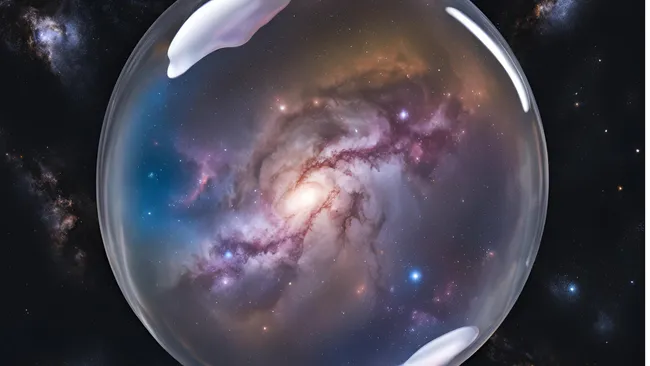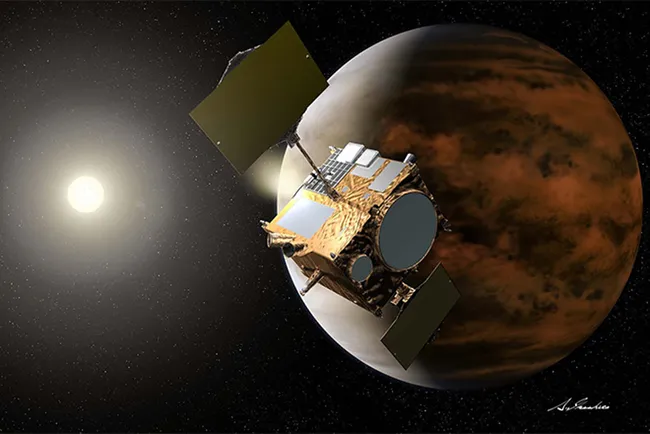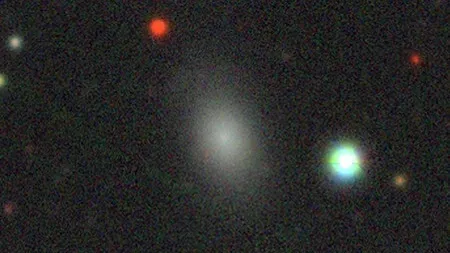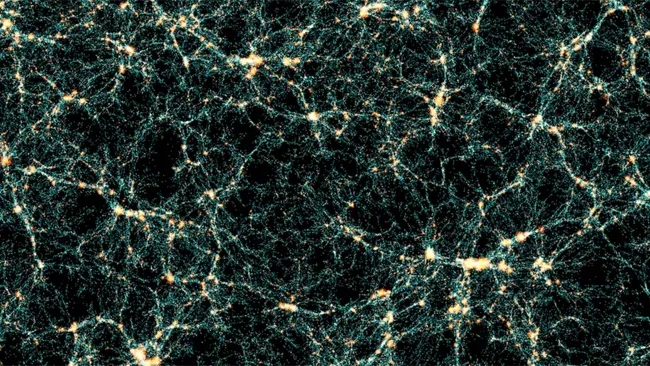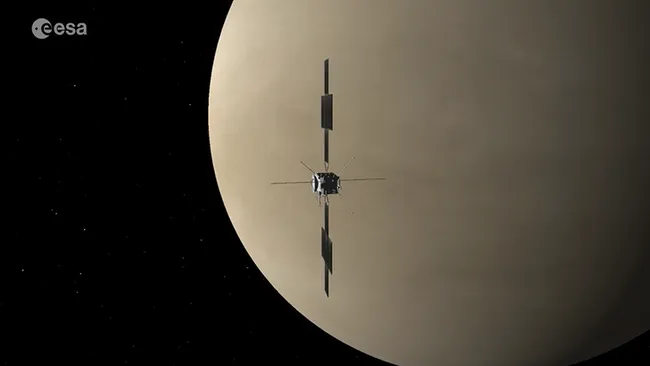Scientists uncovered the oldest air ever found. The research team discovered 6-million-year-old Antarctic ice. This breakthrough came from samples collected by the Center for Oldest Ice Exploration. Their work offers a rare look at ancient Earth climate conditions. The oldest air ever found provides insight into a warmer planet with higher sea levels.
The project was led by Sarah Shackleton from Woods Hole Oceanographic Institution and John Higgins from Princeton University. They drilled ice in the Allan Hills region of East Antarctica. This area brings ancient ice closer to the surface due to its landscape. Researchers initially expected ice around 3 million years old. Instead, they found 6-million-year-old Antarctic ice, surpassing scientific expectations.
COLDEX Director Ed Brook described the discovery as a major climate archive. The team created a library of ancient Earth climate snapshots. These records are roughly six times older than previous ice core data. They complement younger and more detailed ice cores from central Antarctica.
To date the oldest ice core, scientists measured argon isotopes found in air bubbles. The bubbles hold the oldest air ever found. They also studied oxygen isotopes to understand temperature changes across time. The results showed a long-term cooling period during the Pliocene era. Earth cooled by about 22 degrees Fahrenheit, or 12 degrees Celsius, during this ancient Earth climate shift.
Researchers will continue analyzing these samples. They plan to study atmospheric greenhouse gases and ancient ocean heat. The goal is to better understand long-term climate patterns. They will also return to Allan Hills to drill more ice. This effort may reveal even older samples and strengthen climate records.
Plans are underway for a new drilling program from 2026 to 2031. Scientists aim to extend the oldest ice core timeline further. The 6-million-year-old Antarctic ice discovery marks a milestone in climate science. It highlights how ancient Earth climate studies shape our understanding of modern climate change.

